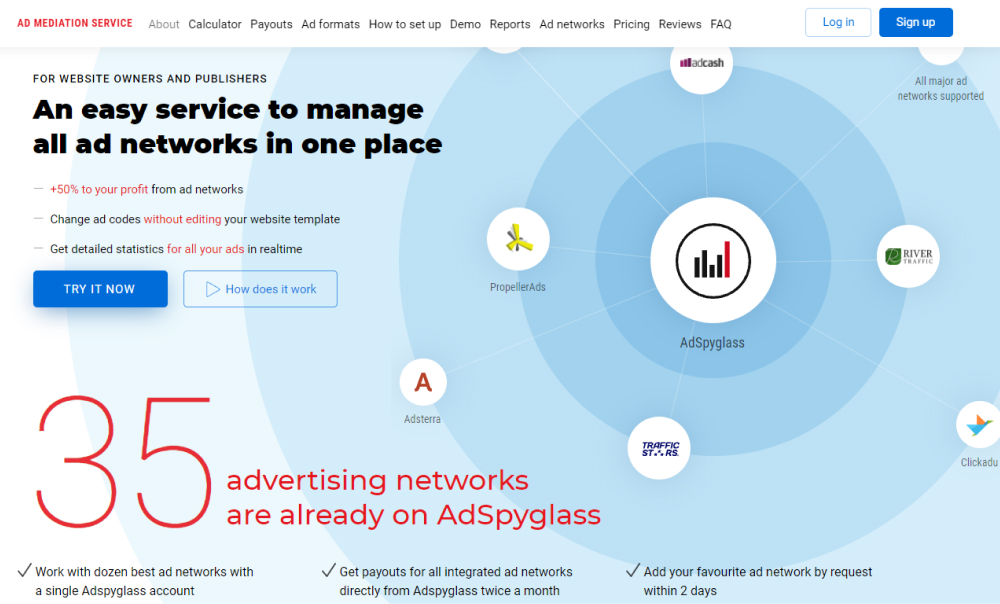Search policy guides stand for the certain guidelines agreed by the advertiser and publisher to indicate the exact strategies and policies the publisher can employ for attracting the clicks in the search engine results. Publisher policies are designed to provide a better performance of the ads and improve the quality of the clicks received.
Basically, the search policy guidelines set up clear rules for the publishers to follow, which is also considered as a part of the marketing strategy that can either improve the click-through rate or lead to its decrease. Some limitations can be also related to the search engine ad policy: for instance, Google does not allow to write any promotional phrases but “sponsored links” to avoid manipulating with users. And, if some signs of that are noticed on your ads, you’ll pretty likely get notifications about removing or changing these messages.
Some advertisers also choose the exact position they want the ad to be shown: for instance, the ads shouldn’t be placed in the floating box, as it annoys the visitors rather than attracts them. As a result, they will no longer be interested in the ad content at all.
The above examples show only a few cases of why the search policy guidelines are important for online marketing. In general, these rules can guide the publisher’s strategy and make the entire campaign more profitable to both parties.
